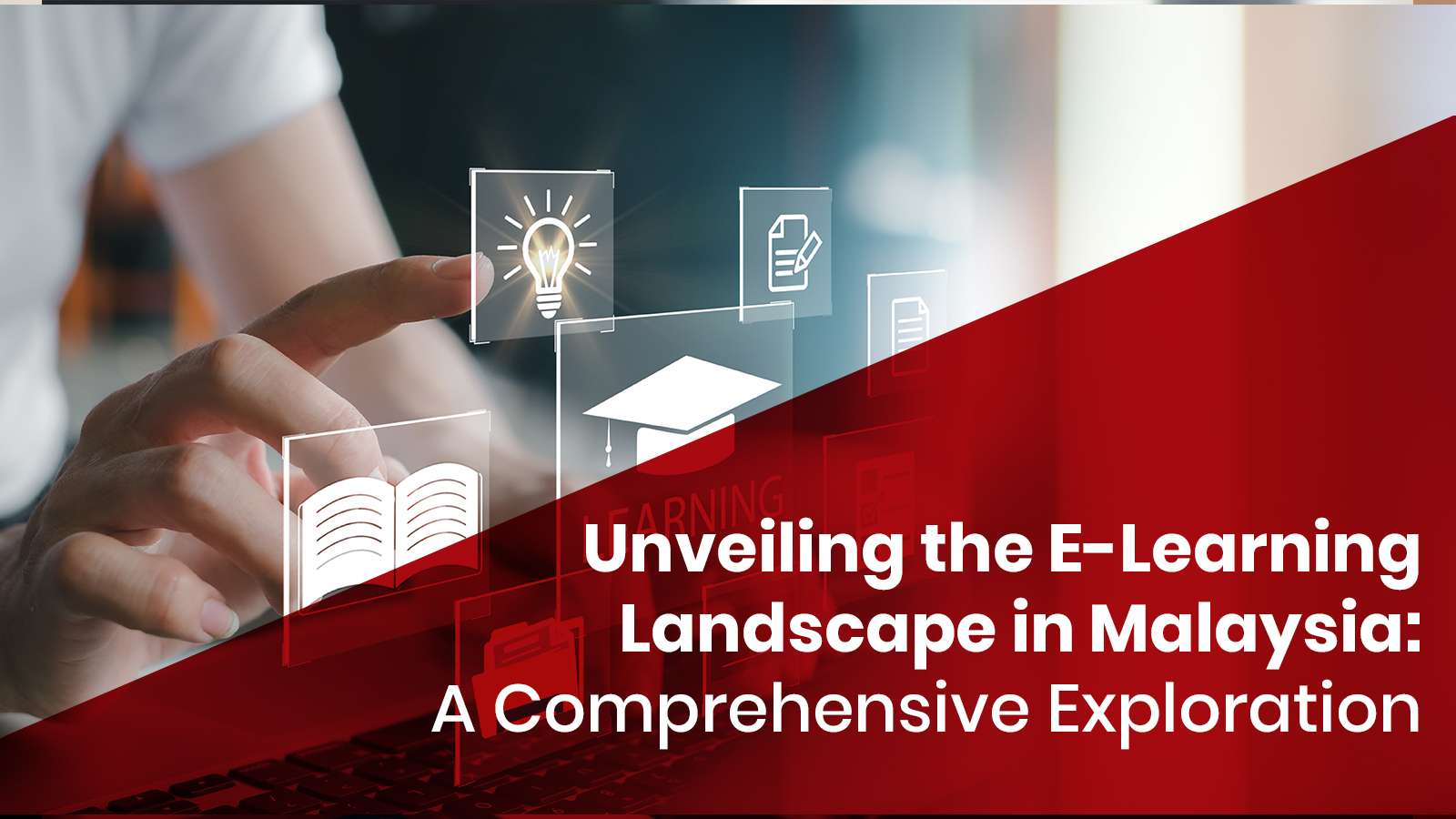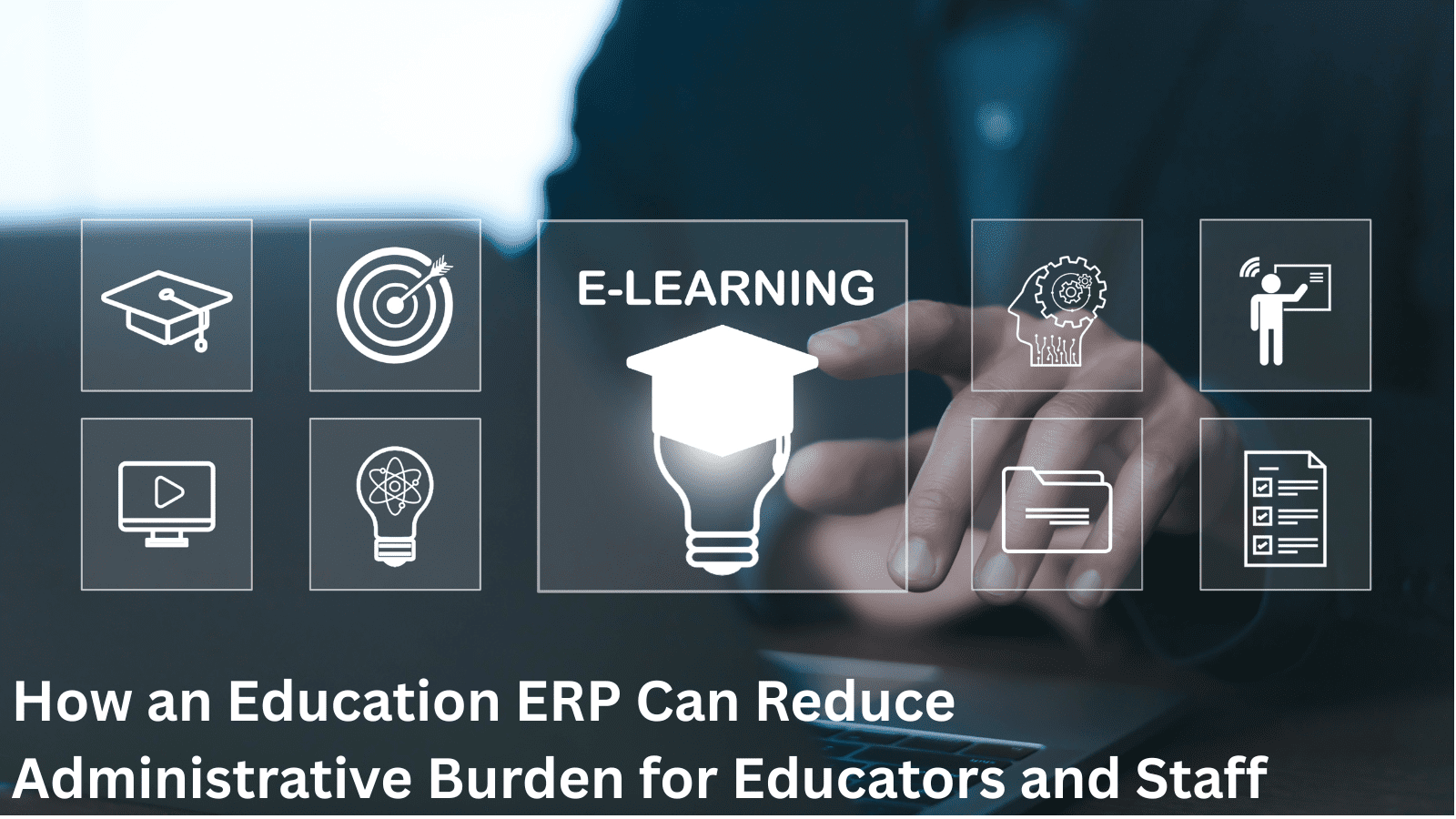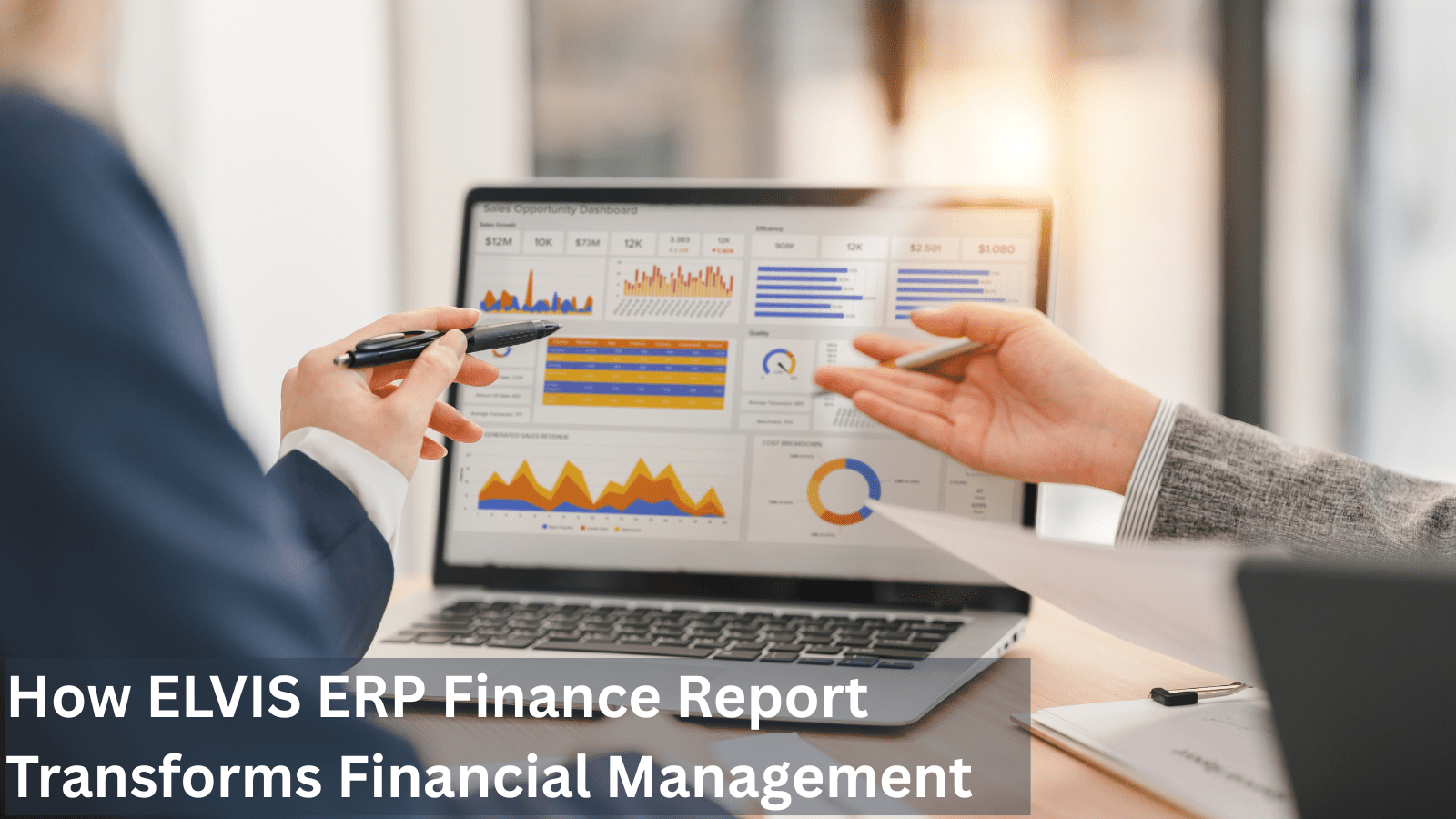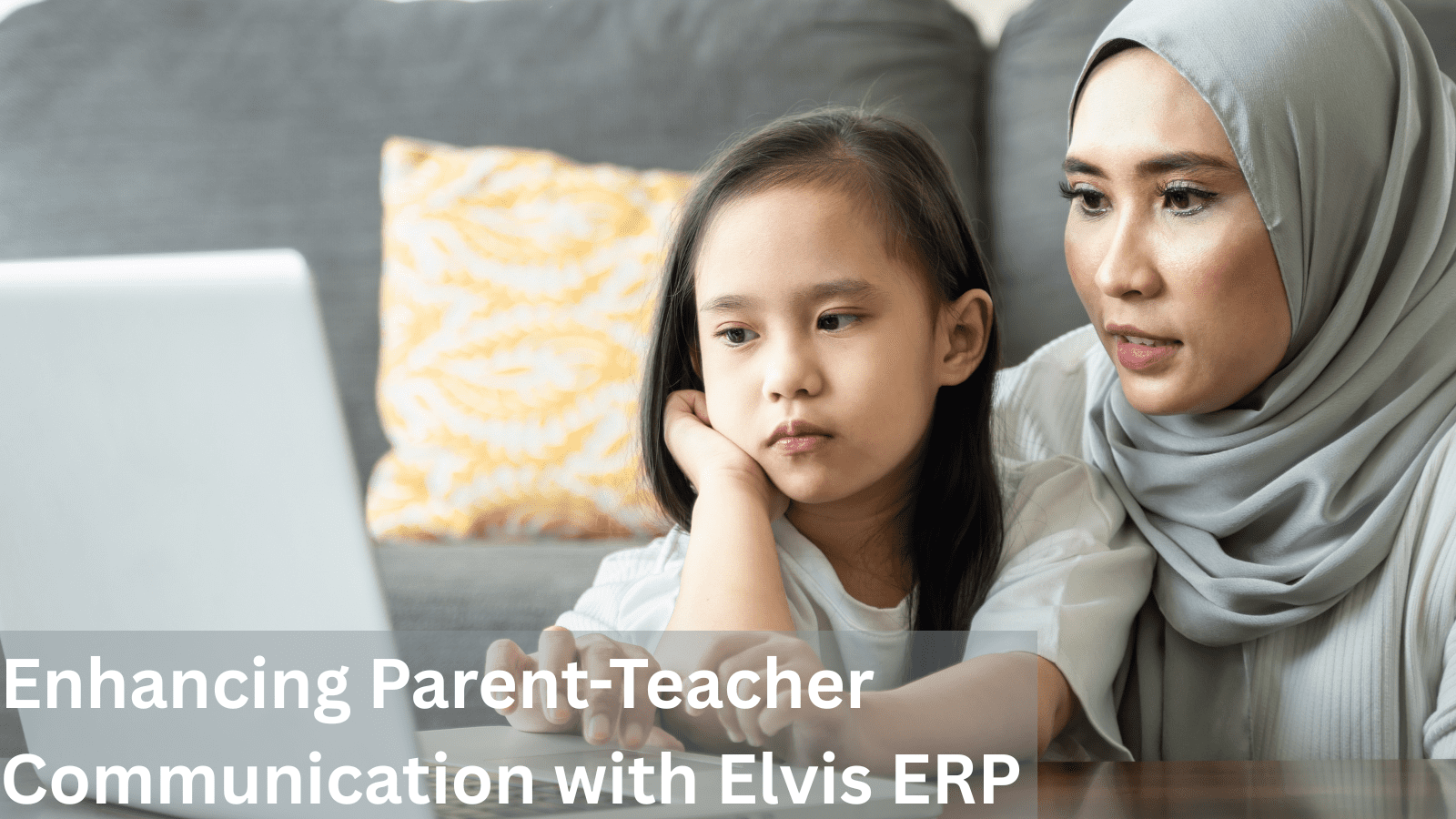The eLearning Landscape in Malaysia
In terms of education, Malaysia has been at the forefront of adopting innovative approaches to learning. One such transformative tool that has been taking over the educational sector in recent years is the eLearning system. In this blog post, we explore the complexities of eLearning Malaysia, its impact, and what lies ahead.
The Evolution of eLearning in Malaysia
Embracing Technological Advancements
Malaysia, known for its robust technology infrastructure, has seamlessly integrated eLearning into education. With the advent of high-speed internet and the expansion of digital devices, the landscape has witnessed a huge shift.
Government Initiatives and Policies
The Malaysian government’s assertive stance on eLearning is evident through strategic initiatives and policies aimed at fostering a favorable environment for digital education. The National eLearning Policy outlines the roadmap for the integration of technology in education at all levels.
Rise of Online Platforms
eLearning platforms have increased, offering diverse courses and modules. Notable platforms like Coursera, edX, and local initiatives have democratized access to quality education, going beyond geographical borders.
Unraveling the Benefits
Accessibility and Inclusivity
eLearning surpasses traditional barriers, providing access to education for individuals in remote areas. This inclusivity has played a key role in democratizing education.
Flexibility and Convenience
The non-synchronized nature of eLearning allows learners to customize their schedules, catering to the diverse needs of students, working professionals, and lifelong learners.
Cost-Efficiency
Traditional education is often very expensive. eLearning minimizes these costs, making quality education more affordable and accessible to a wider range of people.
Addressing Challenges
Technological Disparities
Despite technology’s prevalence in cities, rural areas remain challenged with issues of internet connectivity and lack of gadgets. Therefore, it is vital to close the gap as part of the developmental process in eLearning.
Pedagogical Adaptation
Educators are tasked with adapting their teaching methodologies to the digital landscape. Professional development programs play a pivotal role in equipping them with the necessary skills.
The Future Landscape
Artificial Intelligence (AI) Integration
The increasing use of artificial intelligence is among the important future trends in the realm of eLearning. AI can make the learning experience unique through customized content and tests that are in tune with the pupil’s advancement. There will also be increased use of intelligent tutoring systems and adaptive learning platforms powered with AI algorithms addressing different learning speeds and modes.
Virtual and Augmented Reality (VR/AR)
The adoption of virtual and augmented reality will bring about a complete transformation in eLearning as it entails the creation of virtual worlds that will promote interactivity and learning effectiveness. These technologies will be useful for active involvement and real practice, especially when having a physical presence is imperative.
Microlearning and Bite-sized Content
Microlearning will shape the future of eLearning with learning material being broken down into smaller pieces and conveyed to learners using short media formats. This method is adapted to serve today’s learner who prefers short and focused content. Since microlearning helps with retention, it makes perfect sense that it is ideal for mobile users who can access the information through their mobile phones.
Gamification and Interactive Learning
Gamification is the process of using non-game components and incorporating them into learning, which will play a significant role in eLearning. Game mechanics, like points, badges, and leaderboards can boost learner’s motivation throughout their student journey. Practical applications of theoretical knowledge will also emerge through interactive learning experiences such as simulations and virtual labs.
Continued Emphasis on Accessibility
In the near future, eLearning will prioritize accessibility thus empowering students, including those with disabilities. They will include closed captions, screen reader, etc., in their eLearning platforms and materials.
Conclusion
In conclusion, the eLearning system in Malaysia has emerged as a trigger for educational transformation. Its multifaceted impact on accessibility, flexibility, and cost-efficiency positions it as a cornerstone of the nation’s educational landscape. As Malaysia continues its journey towards digital education, addressing challenges and embracing technological advancements will be pivotal in shaping an inclusive and progressive future.
Elvis Education ERP is specifically designed for the education sector. With modules such as admission management, marketing automation, employee management, student management, and academic management, Elvis Education ERP is the perfect scalable and customizable software for your educational institution.
For more information or to answer any queries, contact us for a free consultation.
Frequently Asked Questions (FAQs)
What is the current state of eLearning in Malaysia?
The current state of eLearning in Malaysia reflects a rapidly evolving landscape, driven by the government’s commitment to fostering technological advancements in education. As of the latest available data, Malaysia has witnessed a significant surge in eLearning adoption, with a notable increase in the number of institutions offering online courses. According to a report by the Ministry of Education Malaysia, as of 2022, over 70% of higher education institutions in the country have integrated some form of eLearning into their curricula.
How is the government supporting the integration of eLearning in Malaysia?
The government of Malaysia has played a pivotal role in supporting the integration of eLearning. Initiatives such as the Malaysia Education Blueprint 2015-2025 and the National Digital Infrastructure Plan have underscored the importance of leveraging technology to enhance the accessibility and quality of education. Financial incentives, grants, and partnerships with private entities have been key strategies employed to encourage educational institutions to embrace eLearning.
Are there specific sectors or industries that particularly benefit from eLearning in Malaysia?
Certain sectors in Malaysia have particularly benefited from the widespread adoption of eLearning. The information technology and business sectors, in particular, have experienced a surge in demand for skilled professionals, driving the popularity of online courses in these fields. The government’s emphasis on fostering digital skills aligns with the needs of industries that require a technologically adept workforce.
What are the key drivers fueling the growth of eLearning in Malaysia?
Several key drivers fuel the growth of eLearning in Malaysia. One of the primary factors is the increasing internet penetration rate, which stood at approximately 91% as of 2022. This widespread access to the Internet has facilitated the delivery of online courses to a broader audience. Additionally, the COVID-19 pandemic has accelerated the adoption of eLearning as educational institutions sought alternative modes of instruction during lockdowns.
What challenges does the eLearning sector face in Malaysia?
Despite the growth, the eLearning sector in Malaysia faces certain challenges. One significant hurdle is the digital divide, with disparities in internet access and digital literacy among different socioeconomic groups. Efforts to bridge this gap are crucial to ensure that all population segments can benefit from eLearning opportunities.
How is the quality of eLearning courses and institutions in Malaysia ensured?
Ensuring the quality of eLearning courses and institutions is a paramount concern. The Malaysian Qualifications Agency (MQA) plays a vital role in overseeing and accrediting online courses to maintain high educational standards. Collaborations between public and private educational institutions, along with continuous monitoring and evaluation, contribute to the ongoing efforts to enhance the quality of eLearning in the country.
What trends can we expect in the future of eLearning in Malaysia?
Looking ahead, the future of eLearning in Malaysia is poised for continued innovation. The integration of artificial intelligence (AI) and virtual reality (VR) technologies into online learning platforms is anticipated to enhance the overall learning experience. Additionally, the government’s commitment to developing a robust digital infrastructure is expected to further catalyze the growth of eLearning in Malaysia.








